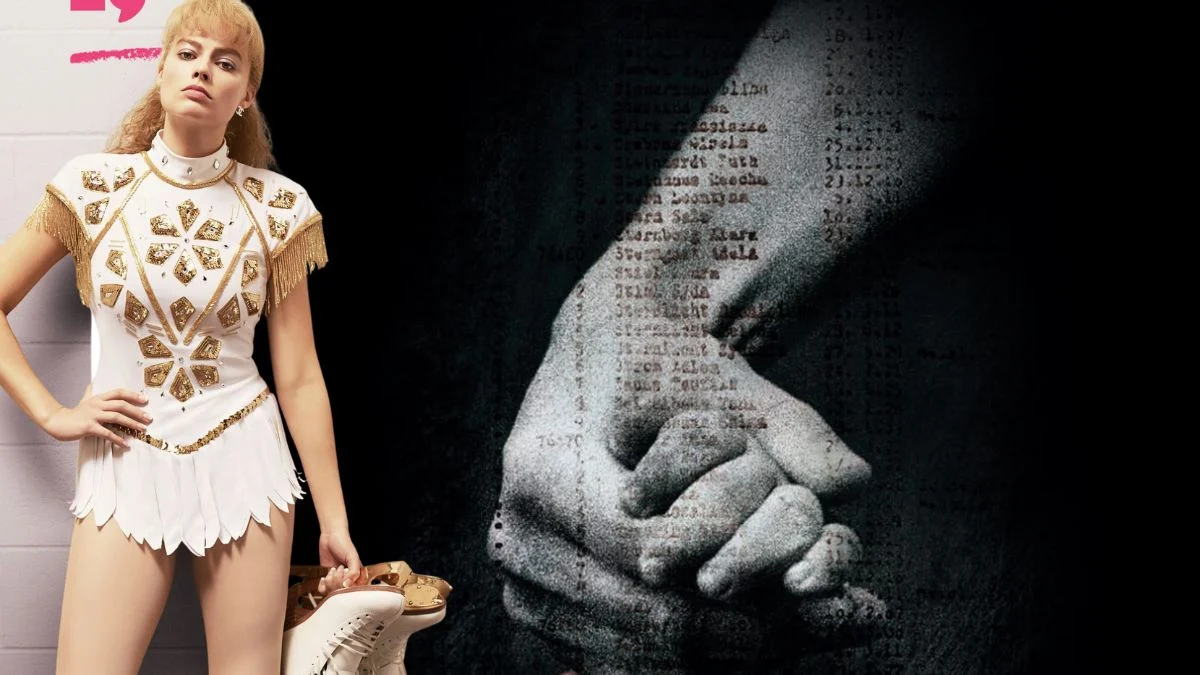
Biographical movies have a remarkable ability to change how we understand history and the people who shaped it. They can restore the reputation of someone seen as a villain or reveal hidden, troubling aspects of figures we admire. By offering fresh viewpoints and bringing personal stories to life, filmmakers often provide a deeper understanding than what we get from news headlines. The films that follow have all successfully challenged commonly held beliefs about their subjects.
‘I, Tonya’ (2017)

Margot Robbie plays Tonya Harding in a film that looks back at the intense media coverage of the 1990s. Instead of simply portraying Harding as the villain in the Nancy Kerrigan scandal, the movie shows her as someone who suffered abuse and faced challenges growing up. It also highlights the class differences within the world of competitive figure skating. This darkly funny film makes audiences question their initial harsh judgments of Harding, ultimately presenting her as a complicated and sympathetic person, rather than just a joke.
‘The Social Network’ (2010)

This movie tells the story of Facebook’s creation and the legal battles that came after, with Jesse Eisenberg playing Mark Zuckerberg. The film shows Zuckerberg as someone who struggles with social interactions but is fiercely determined to succeed. Though it’s debated how true the portrayal is, the movie created a lasting impression of Zuckerberg as a brilliant but isolated figure who compromised his friendships. This has significantly shaped public perception of both the beginnings of social media and the man who built Facebook.
‘Bohemian Rhapsody’ (2018)

Rami Malek powerfully portrays Freddie Mercury, the iconic lead singer of Queen, in an Oscar-winning role. The film introduces Mercury’s story to a new audience, while also honestly depicting his private battles with identity and health. It goes beyond his energetic stage presence to reveal his hidden vulnerabilities and loneliness, despite his worldwide fame. The movie beautifully showcases the close relationships within the band and the making of their legendary music. Ultimately, it reignited appreciation for Queen and cemented Freddie Mercury’s status as a cherished icon.
‘Elvis’ (2022)

Austin Butler delivers a captivating performance as Elvis Presley, charting his incredible journey and heartbreaking downfall. The film primarily examines the controlling dynamic between Elvis and his manager, Colonel Tom Parker, portraying the singer as a vulnerable man taken advantage of for financial gain, ultimately leading to his premature death. This approach highlights external forces as the primary cause of his struggles, rather than his own decisions, and effectively presents Elvis as a relatable human being, stripping away the layers of myth that surrounded him.
‘Monster’ (2003)
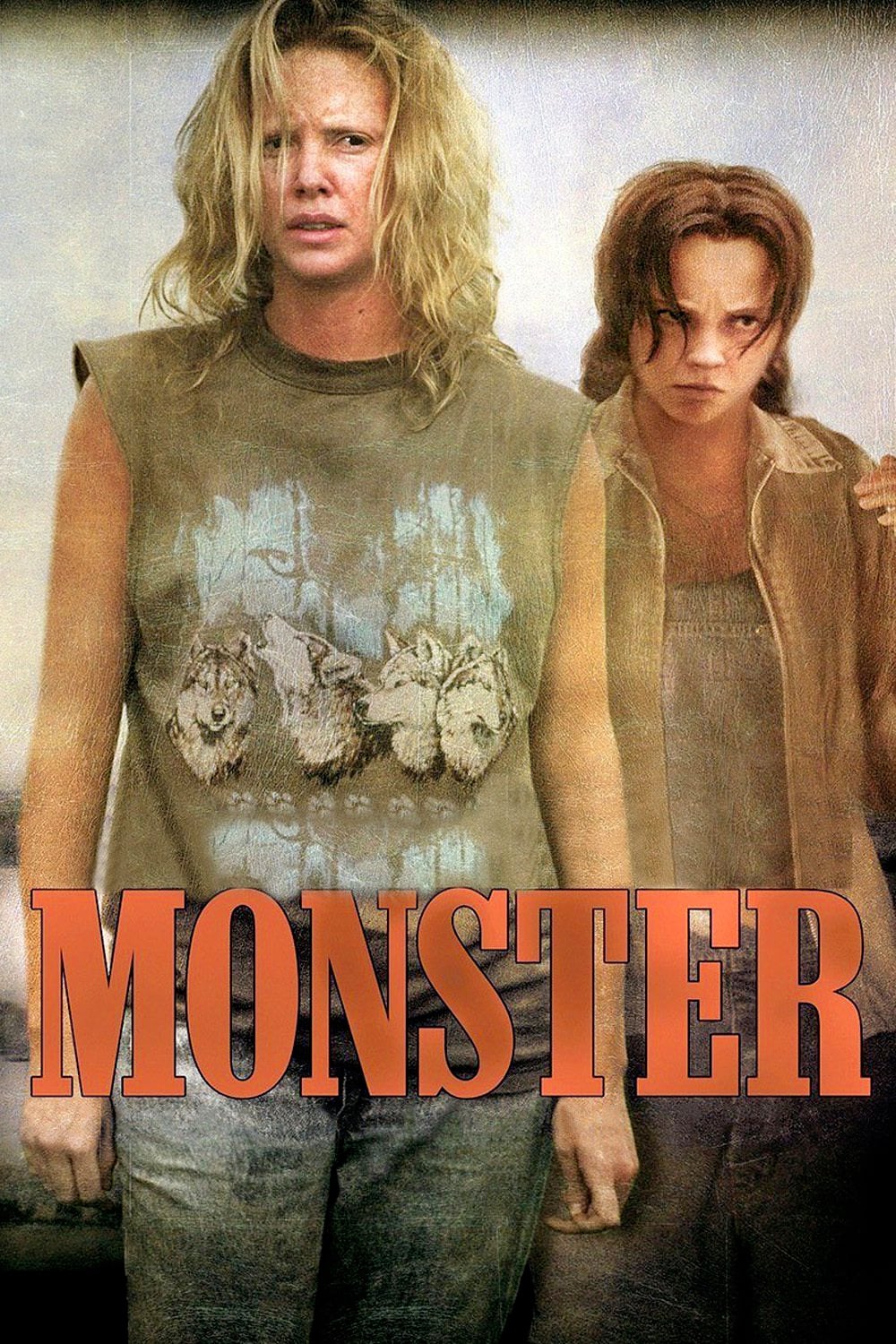
Charlize Theron completely changed her appearance to play Aileen Wuornos, a serial killer. The movie delves into the deeply traumatic experiences of abuse and mental health struggles that led to her crimes. It offers a disturbing but important background often missing from the media’s focus on the sensational aspects of her trial. The film shows the harsh realities of Wuornos’ life as someone living on the fringes of society, and challenges viewers to see the vulnerable person behind the label of ‘monster.’
‘Richard Jewell’ (2019)
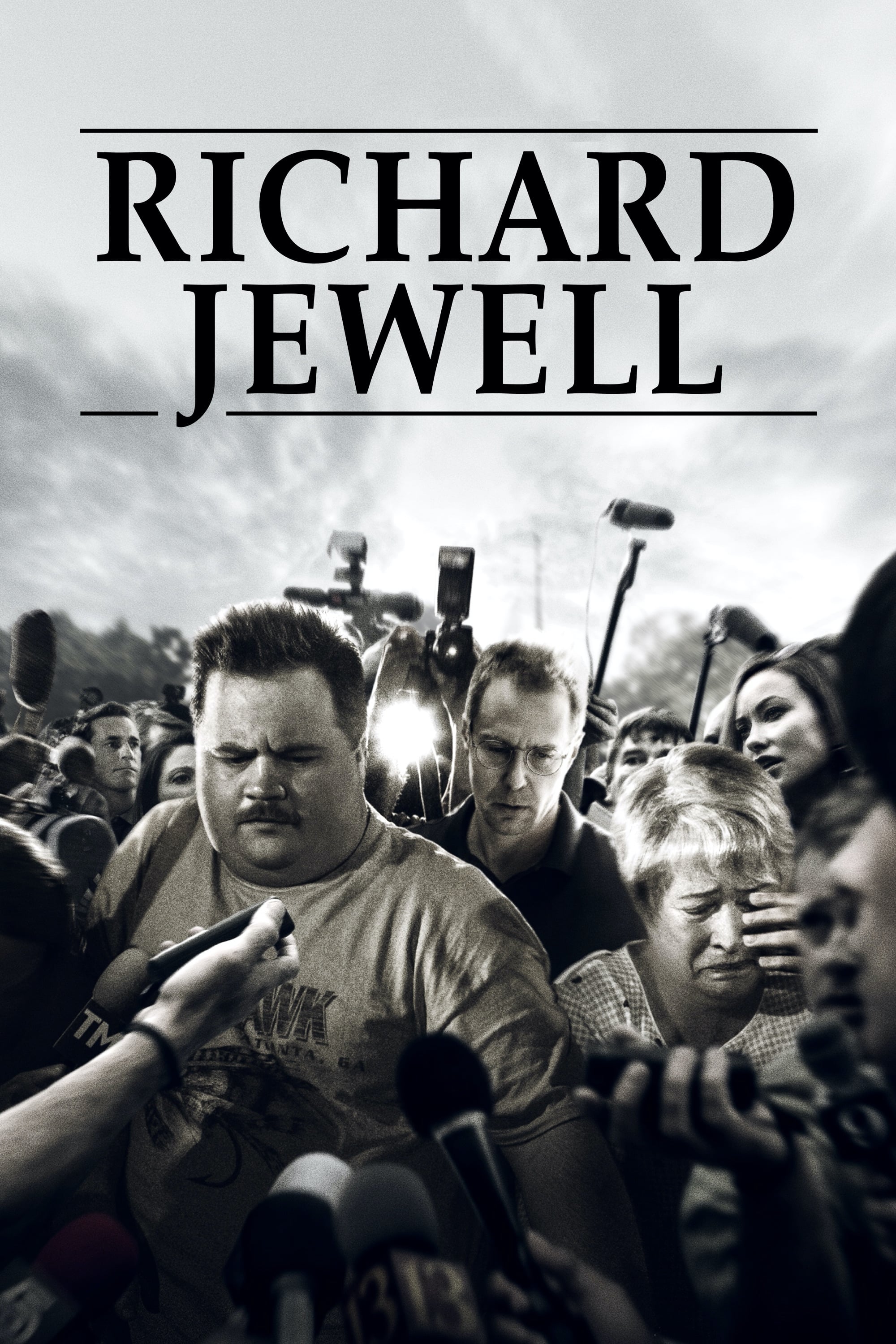
This drama, directed by Clint Eastwood, tells the true story of Richard Jewell, the security guard who discovered the bomb at the 1996 Olympics and helped save lives. The film focuses on how, despite his heroism, Jewell was quickly and unfairly accused of being a suspect by the media and the FBI. It powerfully shows the damaging consequences this had on his life and his mother’s health, and ultimately aims to set the record straight, proving his innocence and highlighting his bravery. Viewers are left feeling strongly that Jewell was treated unjustly by the press.
‘Malcolm X’ (1992)

This powerful film, starring Denzel Washington, tells the life story of civil rights leader Malcolm X. It challenges common misunderstandings by showing his transformation from a young man struggling on the streets to a respected voice for peace and equality. The movie offers insight into his beliefs and highlights his incredible intellectual development. Director Spike Lee created a compelling story that honors Malcolm X’s lasting impact on American history, solidifying his place as a true hero.
‘The Iron Lady’ (2011)
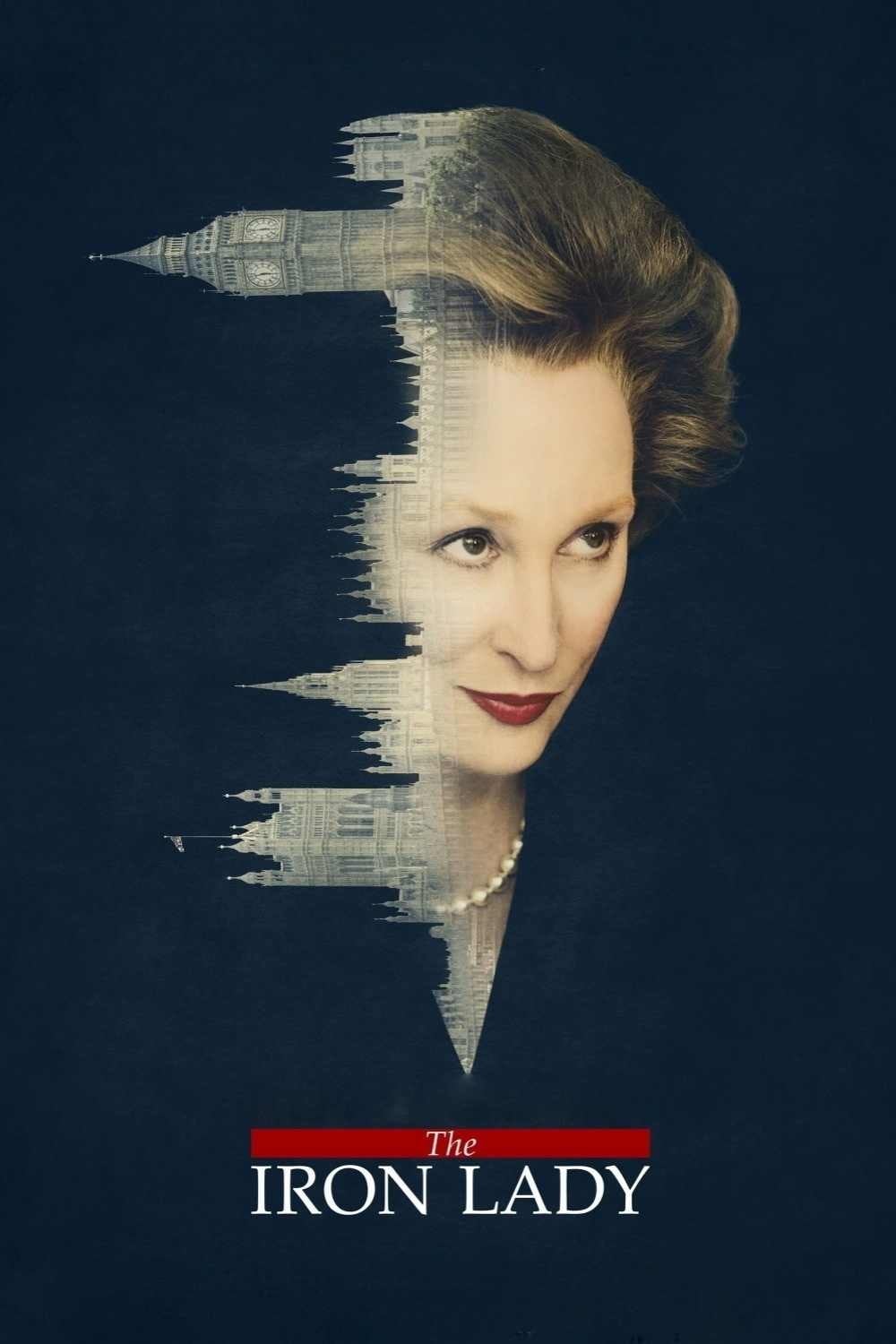
The film depicts Meryl Streep as Margaret Thatcher, tracing her journey from becoming Prime Minister to her struggle with dementia. It explores the personal costs of leadership for the UK’s first female Prime Minister, aiming to show the woman behind the controversial politician. The movie highlights the challenges she faced as a woman in politics and the emotional burden of her position. This more personal portrayal helped many viewers see a more vulnerable side of Thatcher, beyond her strong public persona.
‘Spencer’ (2021)

Kristen Stewart powerfully portrays Princess Diana’s inner turmoil during a tense Christmas at Sandringham. The film isn’t a typical fairytale; instead, it shows Diana struggling with her mental health as she feels trapped by royal life and fiercely tries to shield her children. It offers a stark contrast to the public’s idealized image of the Princess, revealing her pain and rebellious spirit. Viewers are given a deeply emotional and realistic look at her fight for independence.
‘Amadeus’ (1984)

F. Murray Abraham’s portrayal of Antonio Salieri depicts him as intensely jealous of Wolfgang Amadeus Mozart’s extraordinary talent. This dramatized story significantly changed public understanding of their relationship, presenting Salieri as an unremarkable figure who deliberately tried to ruin Mozart’s life – even though historical records suggest otherwise. The film effectively shows Mozart as a brilliant but immature person and Salieri as a sympathetic, yet flawed, antagonist. This interpretation of their connection has largely become the most well-known understanding of both composers.
‘Vice’ (2018)

In this darkly humorous biopic, Christian Bale dramatically changed his appearance to play Dick Cheney, the former Vice President. The film suggests Cheney was the real decision-maker during the Bush years, quietly controlling the political landscape to increase the power of the presidency and shape what happened around the world. It portrays him not as someone working in the background, but as the mastermind behind many of today’s international conflicts, reinforcing a negative view of his actions and career.
‘Straight Outta Compton’ (2015)
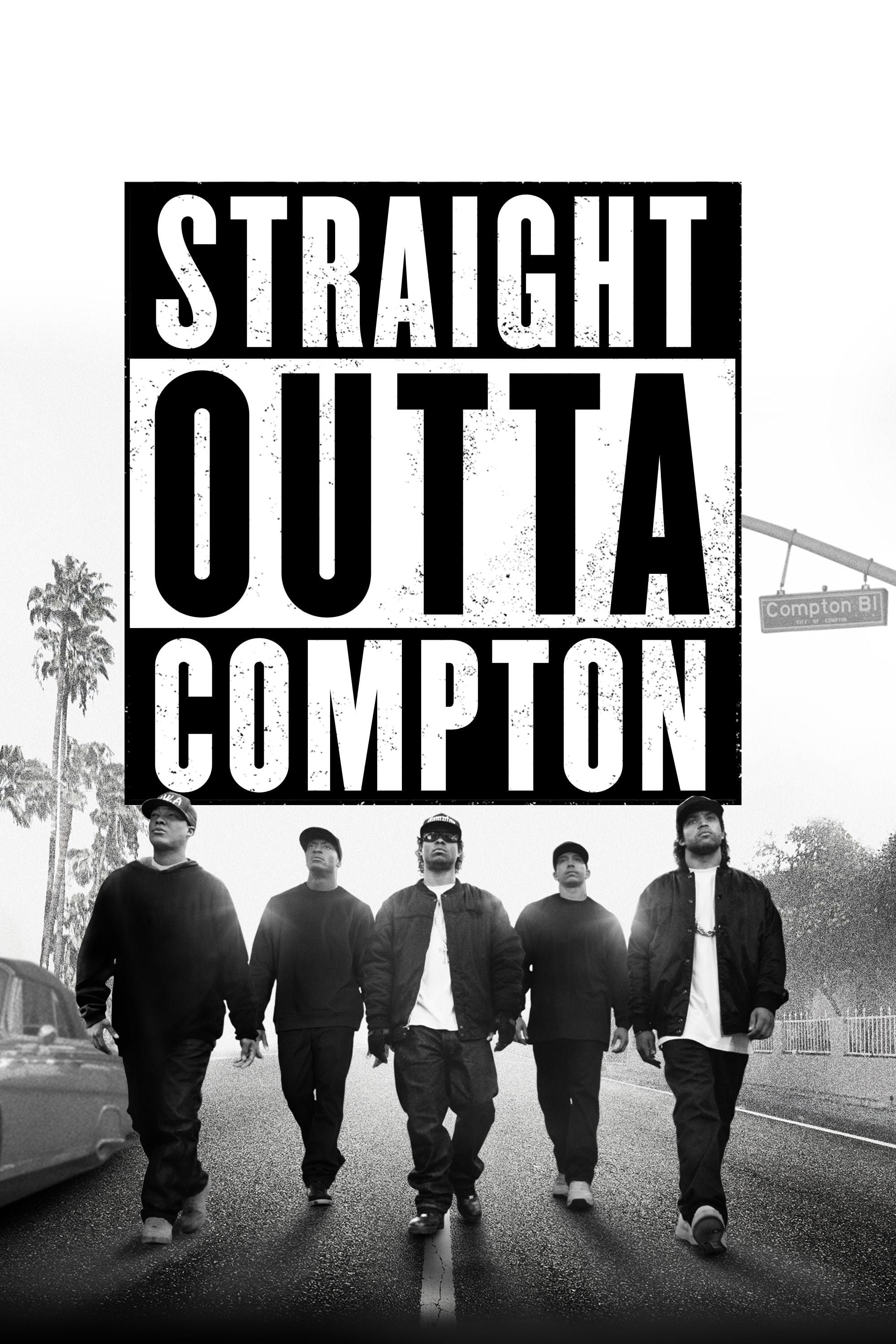
The movie tells the story of how the hip hop group N.W.A became famous, and how they were treated unfairly by the police in Los Angeles. It shows the personalities of members like Eazy-E and Dr. Dre, highlighting both their creative ambitions and their struggles. The film explains that their often-shocking lyrics were a reaction to the difficult circumstances and injustice they faced. Ultimately, it helps viewers understand why their music was so important and how it challenged the status quo, changing the way people saw the group from troublemakers to groundbreaking artists who fought for the right to express themselves.
‘The King’s Speech’ (2010)
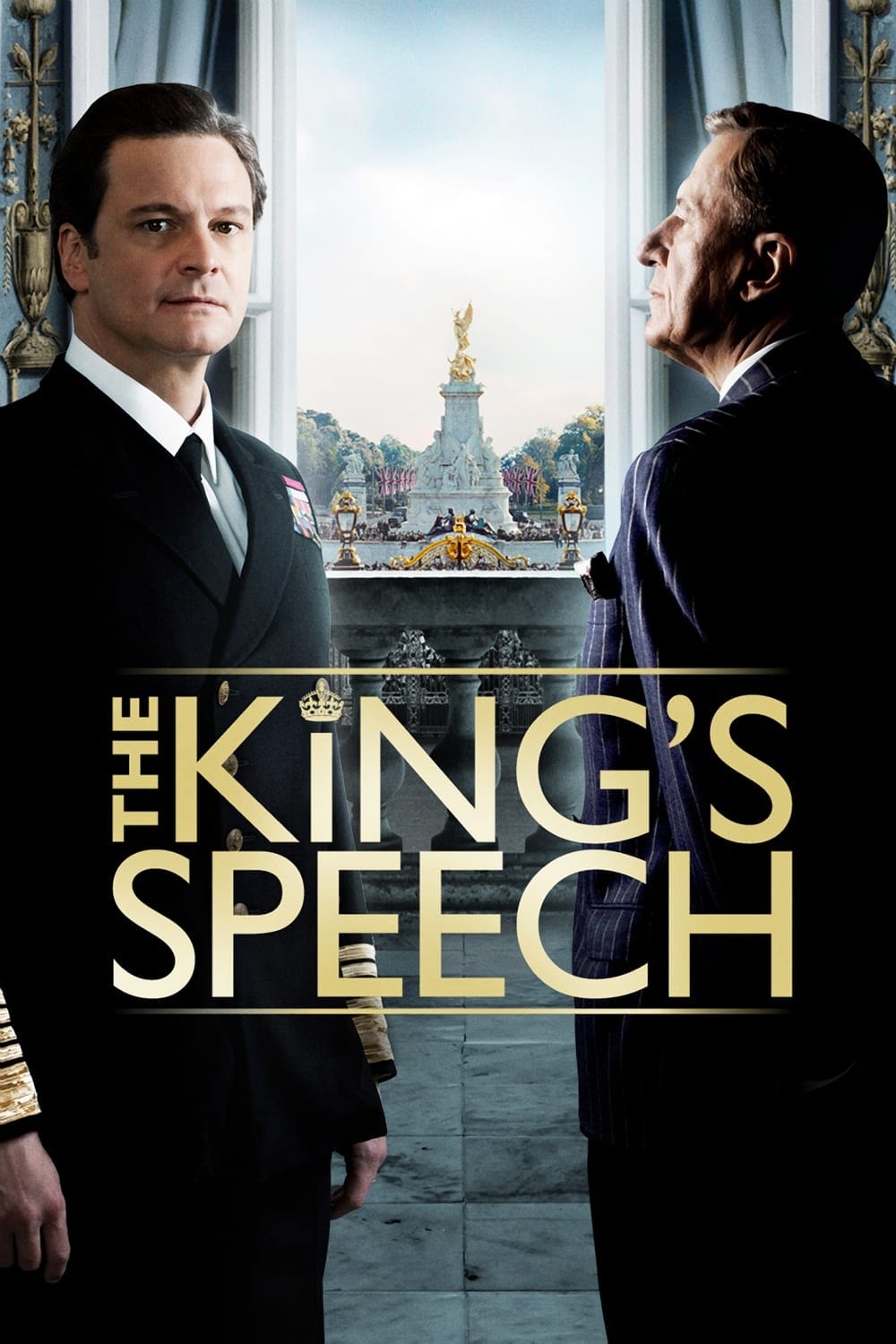
The film follows King George VI, portrayed by Colin Firth, as he battles a debilitating stammer leading up to a crucial radio address during wartime. It’s a story about his personal struggles and the unlikely bond he forms with his speech therapist. The movie humanizes the king, showing him not as a regal figure, but as a man facing a significant disability under enormous pressure. Audiences connect with his anxieties about becoming king and his fear of speaking in public. Ultimately, this sensitive portrayal renewed public fondness for Queen Elizabeth II’s father.
‘Frost/Nixon’ (2008)
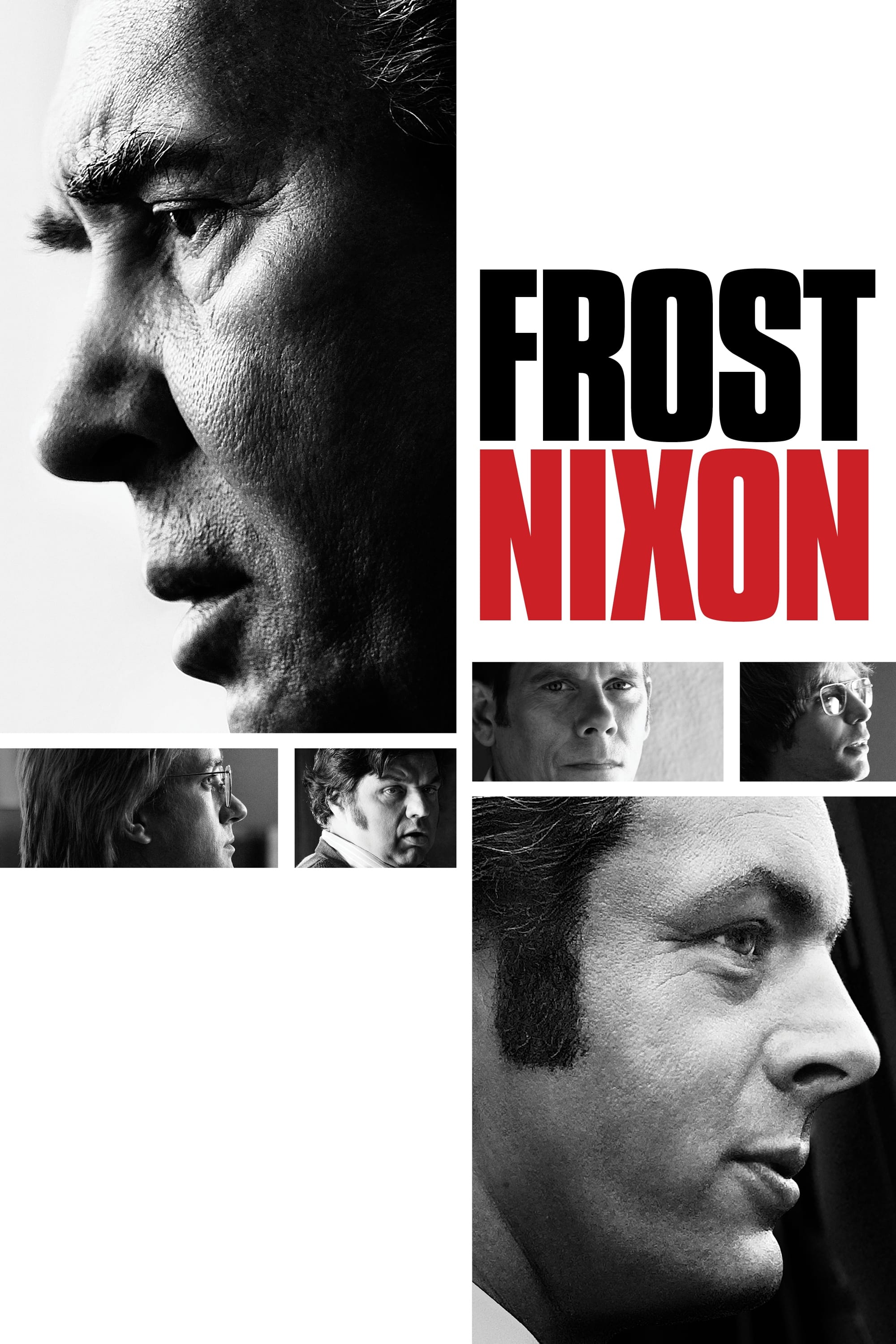
Frank Langella powerfully plays Richard Nixon in a film based on his interviews after the Watergate scandal. The movie shows Nixon trying to repair his reputation and eventually confessing his wrongdoing on TV. It doesn’t portray him simply as a bad politician, but as a complicated person searching for forgiveness and understanding. The film’s sharp dialogue highlights both Nixon’s intelligence and his hidden vulnerabilities, offering a more thoughtful look at a man often seen as just a symbol of corruption.
‘The Eyes of Tammy Faye’ (2021)
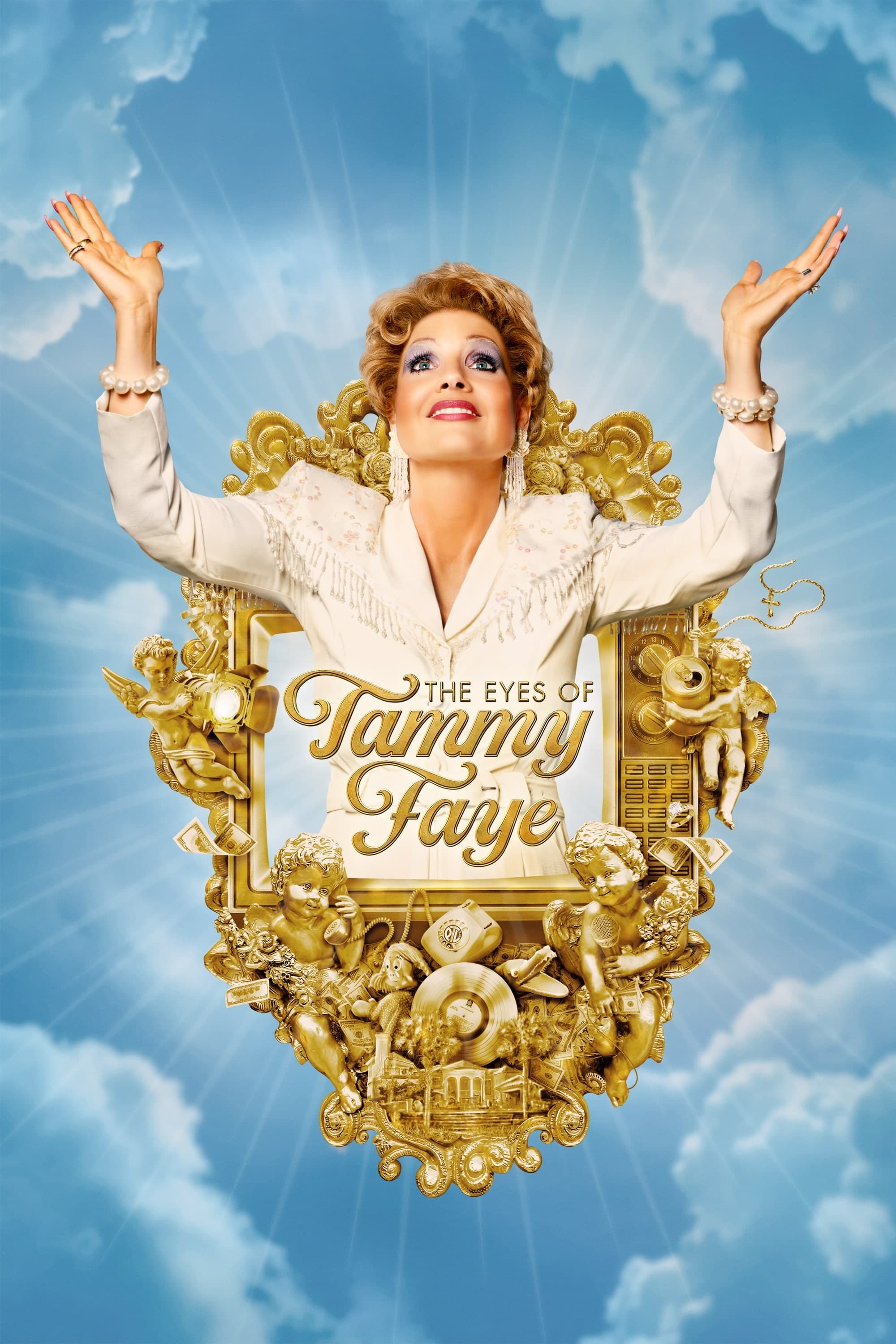
The film follows Jessica Chastain as Tammy Faye Bakker, charting her journey from a popular televangelist to a figure of public scandal. Beyond the flashy image and controversies, the movie reveals a woman with deep faith and a welcoming spirit. It particularly emphasizes her surprising compassion for the LGBTQ+ community during a time when many religious figures were openly hostile. The story aims to redefine Tammy Faye’s reputation, moving beyond the perception of her as a punchline and portraying her as a forward-thinking, yet misunderstood, individual. Ultimately, viewers see the genuine kindness that lay beneath the sensationalized media portrayal.
‘Schindler’s List’ (1993)

Liam Neeson plays Oskar Schindler, a German businessman who bravely saved over a thousand Jewish people during the Holocaust. The film powerfully portrays the terrible realities of that time, while also showing how a man who initially profited from the war came to realize the importance of doing what’s right. It established Schindler as a global icon of moral courage. The film’s use of black and white imagery powerfully underscores the seriousness of the historical events and has profoundly impacted public understanding and visualization of the Holocaust.
‘Oppenheimer’ (2023)

Cillian Murphy plays J. Robert Oppenheimer, the scientist who led the effort to build the atomic bomb during World War II. The movie isn’t about the science itself, but rather the heavy moral burden and political fallout Oppenheimer experienced after its creation. It explores the psychological impact on the man who unleashed such a destructive force, leaving audiences with a nuanced understanding of his internal conflict between responsibility and the consequences of his work. Ultimately, the film re-establishes Oppenheimer as a significant and tragic figure in history.
‘Lawrence of Arabia’ (1962)

This epic film stars Peter O’Toole as T.E. Lawrence, telling the story of his role in the Arab Revolt. It portrays Lawrence as a complex and somewhat flawed figure – a proud and ambitious man who also deeply admired the desert and its people. The film helped create the popular image of Lawrence, and for many, it remains their main source of information about his life. Its stunning visuals and in-depth look at Lawrence’s character have had a lasting impact.
Tell us which biographical film changed your opinion of a historical figure in the comments.
Read More
- 2025 Crypto Wallets: Secure, Smart, and Surprisingly Simple!
- Brown Dust 2 Mirror Wars (PvP) Tier List – July 2025
- Gold Rate Forecast
- Wuchang Fallen Feathers Save File Location on PC
- Banks & Shadows: A 2026 Outlook
- Gemini’s Execs Vanish Like Ghosts-Crypto’s Latest Drama!
- HSR 3.7 breaks Hidden Passages, so here’s a workaround
- QuantumScape: A Speculative Venture
- 9 Video Games That Reshaped Our Moral Lens
- Here Are the Best TV Shows to Stream this Weekend on Hulu, Including ‘Fire Force’
2025-11-26 10:20